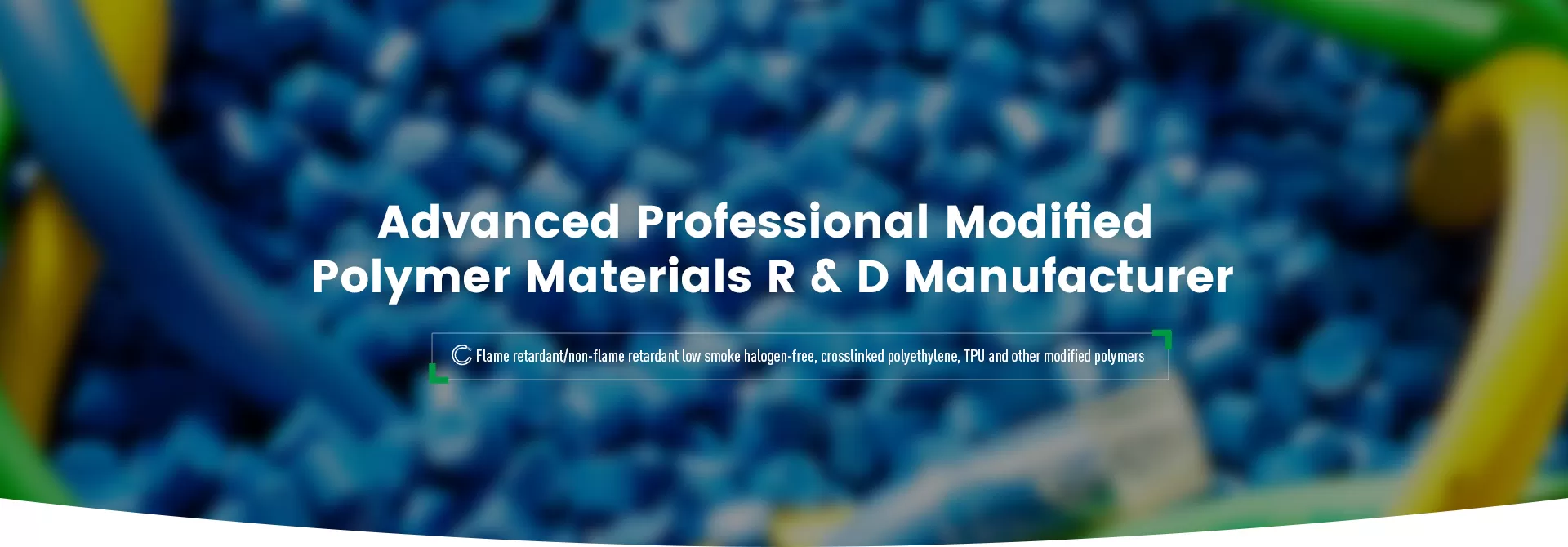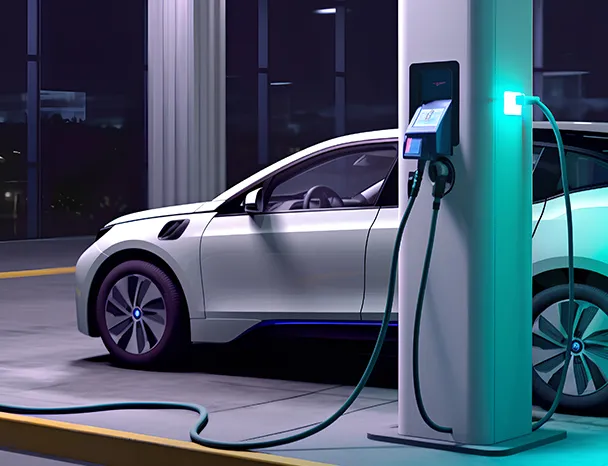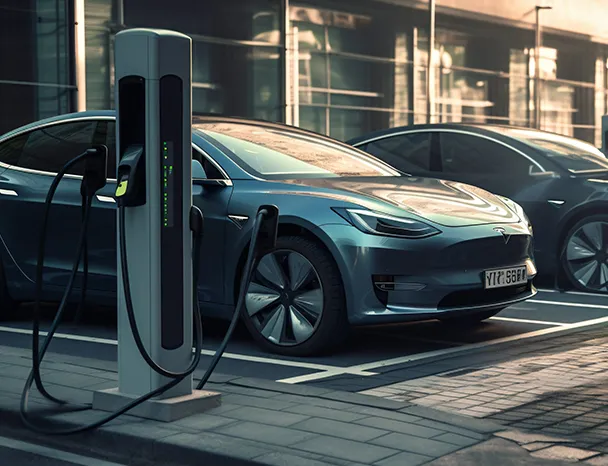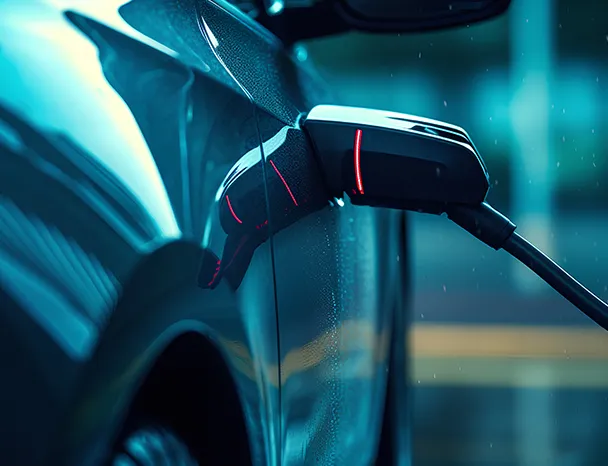
Charging pile cable materials refer to a variety of materials used in the manufacture of electric vehicle charging piles that need to meet specific performance requirements to ensure the safety, durability, and environmental adaptability of the charging pile.
Our company's main products of charging pile cable materials include TPU charging pile cable materials, TPE charging pile cable materials, irradiated cross-linked charging pile wire materials, American standard charging pile materials, etc.
They are widely used in new energy vehicle charging pile cables in Europe,the United States and China.
The Main Models And Products Are As Follow
| Charging Pile Cable Material | ||
| American Standard Charging Pile Cable Material | PFEBK801010UL | American Standard TPE Charging Pile Cable Jacket Material(FT2,Oil Resistant) |
| PFXBS90572 | American Standard Thermoplastic Elastomer Charging Pile Cable Insulation Material | |
| Thermosetting Charging Pile Cable Material | PFXBS82423 | Irradiation Cross-linked EPR Halogen-Free Flame Retardant Insulation Material(Hardness 82-85A) |
| PFXBS92431 | Irradiation Cross-linked EPR Halogen-Free Flame Retardant Insulation Material(Hardness 88-92A) | |
| TPU Charging Pile Cable Material | PFUBK85518 | Polyether TPU85A Flame Retardant Charging Pile Jacket Material |
Charging Pile Cables are key components that connect electric vehicles and charging facilities, and their performance directly affects the safety and efficiency of charging. Choosing the right cable material is essential to ensure the long-term and stable operation of the charging pile.
Weather Resistance: Charging pile cables are usually installed outdoors and need to be able to withstand various climatic conditions, including UV exposure, temperature changes, and humidity.
Chemical Corrosion Resistance: Cable materials should be resistant to corrosion by oils, acids, and alkaline substances, especially chemicals that may be encountered in the charging station environment.
Abrasion Resistance: Since the cable may be dragged or rolled on the ground, good abrasion resistance is required to extend its service life.
Flame Retardancy: The cable material should have good flame retardant properties to reduce the risk of fire.
Flexibility: The cable needs to be flexible enough to allow for flexible movement and bending during installation and use.
Mechanical Strength: The cable should have sufficient mechanical strength to resist stretching and compression.
Electrical Rerformance: The cable material should have good electrical insulation properties to ensure electrical safety during charging.
When choosing charging pile cable materials, common materials include but are not limited to:
TPU(Thermoplastic Polyurethane): has excellent wear resistance, oil resistance, hydrolysis resistance and weather resistance, as well as good tear resistance and tensile strength.
TPE (Thermoplastic Elastomer): provides good softness and chemical resistance, but may not be as good as TPU in terms of weather resistance and dirt resistance.
PVC (Polyvinyl Chloride):has low cost, but may contain halogens, produce toxic fumes when burned, and has poor environmental performance.
Silicone: has excellent heat resistance, but may require a dedicated vulcanization production line, and has relatively poor crack and tear resistance.
The standard requirements for charging pile cables material may include CQC1103-1105, DECRA K175, EN50620, UL62, etc. These standards cover the cable's voltage resistance, temperature resistance, chemical corrosion resistance, wear resistance, rolling resistance and other performance requirements.


